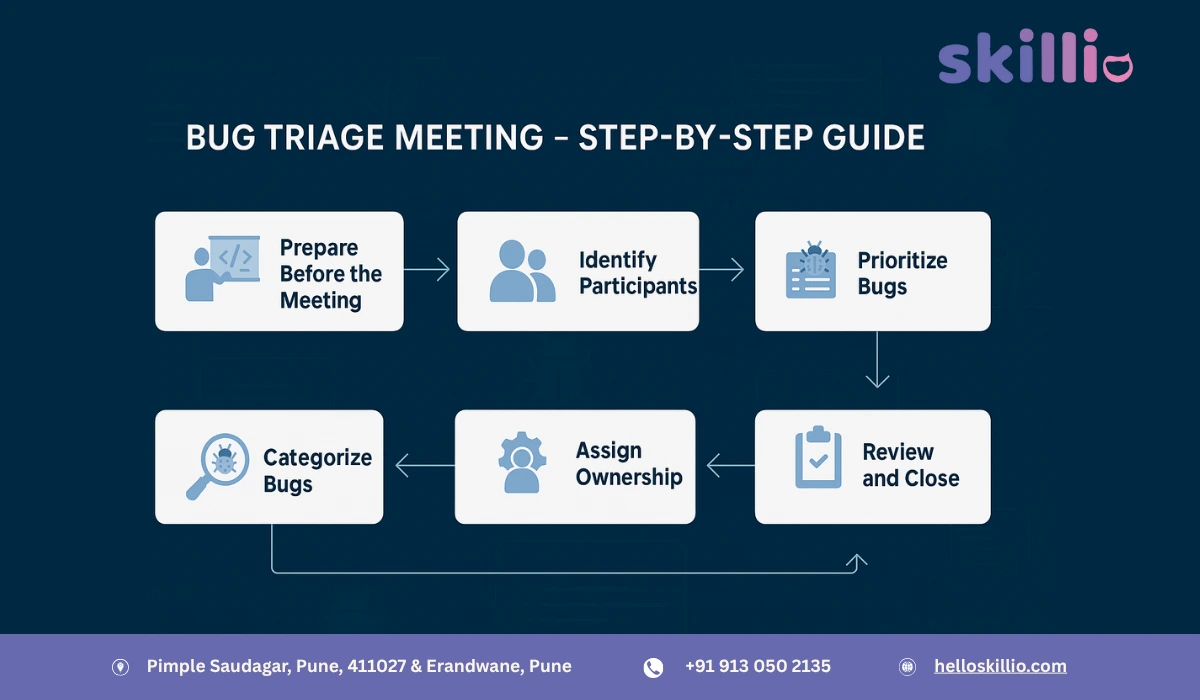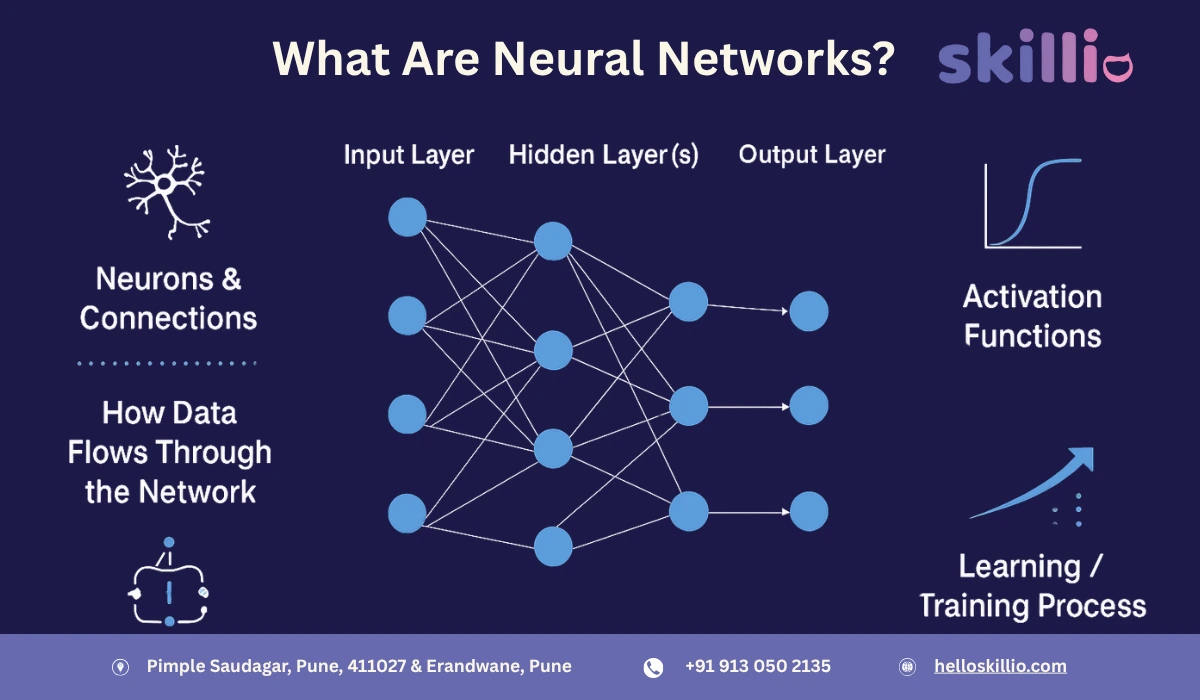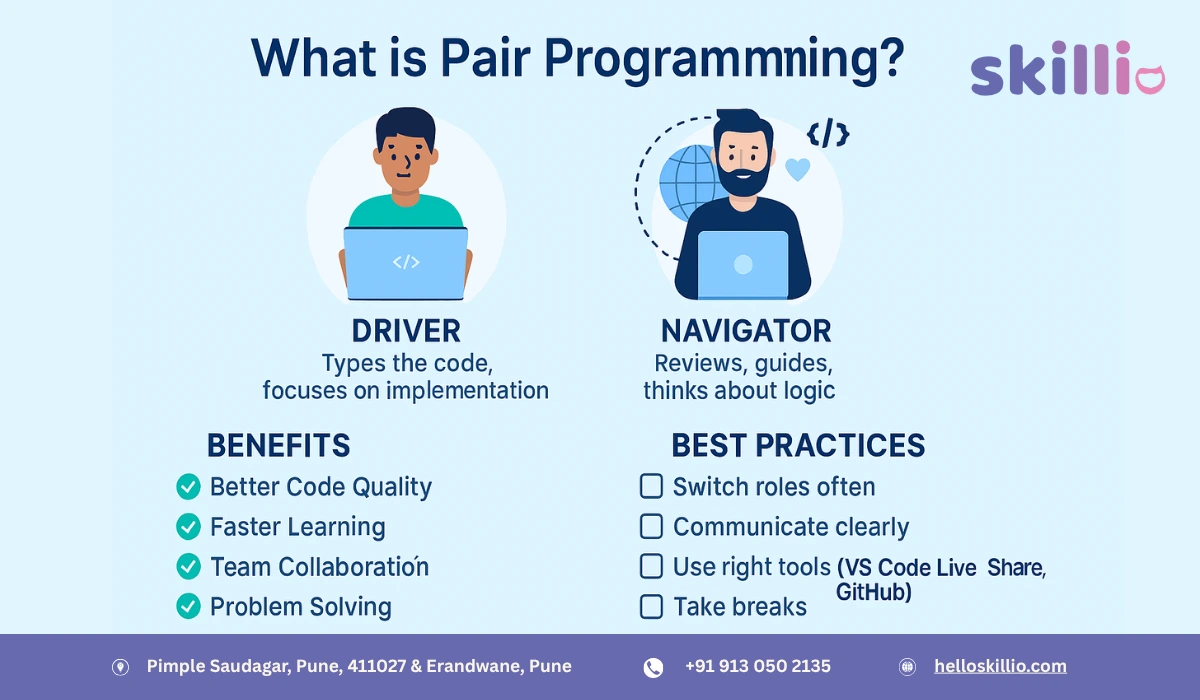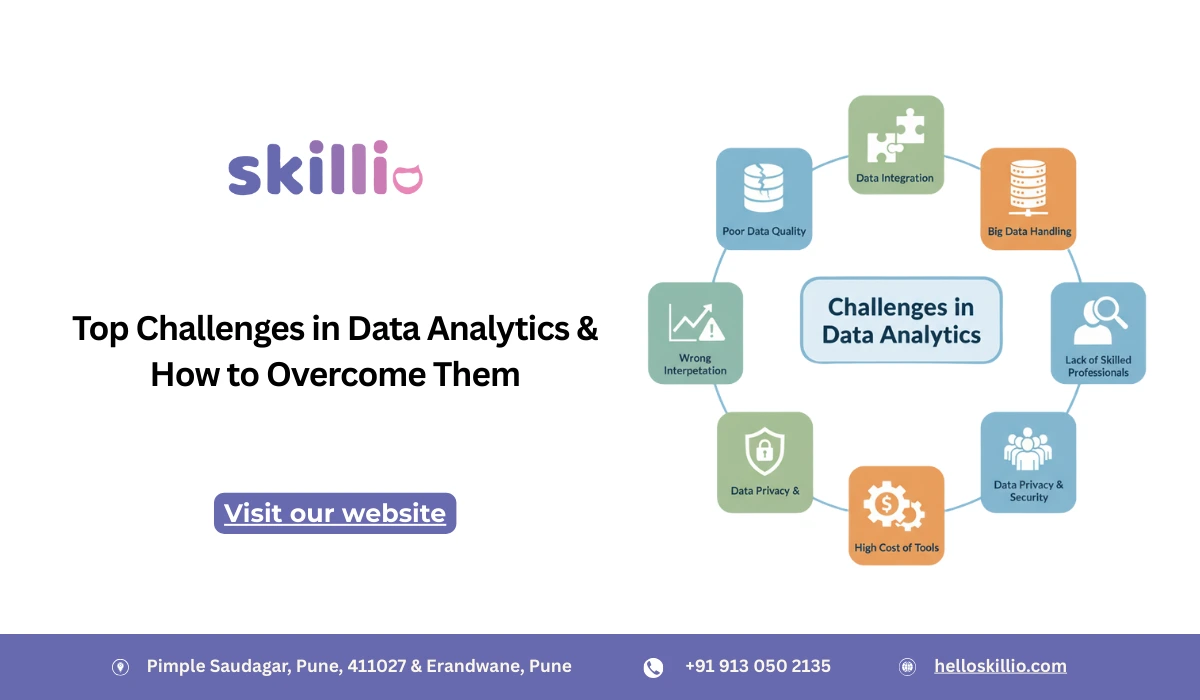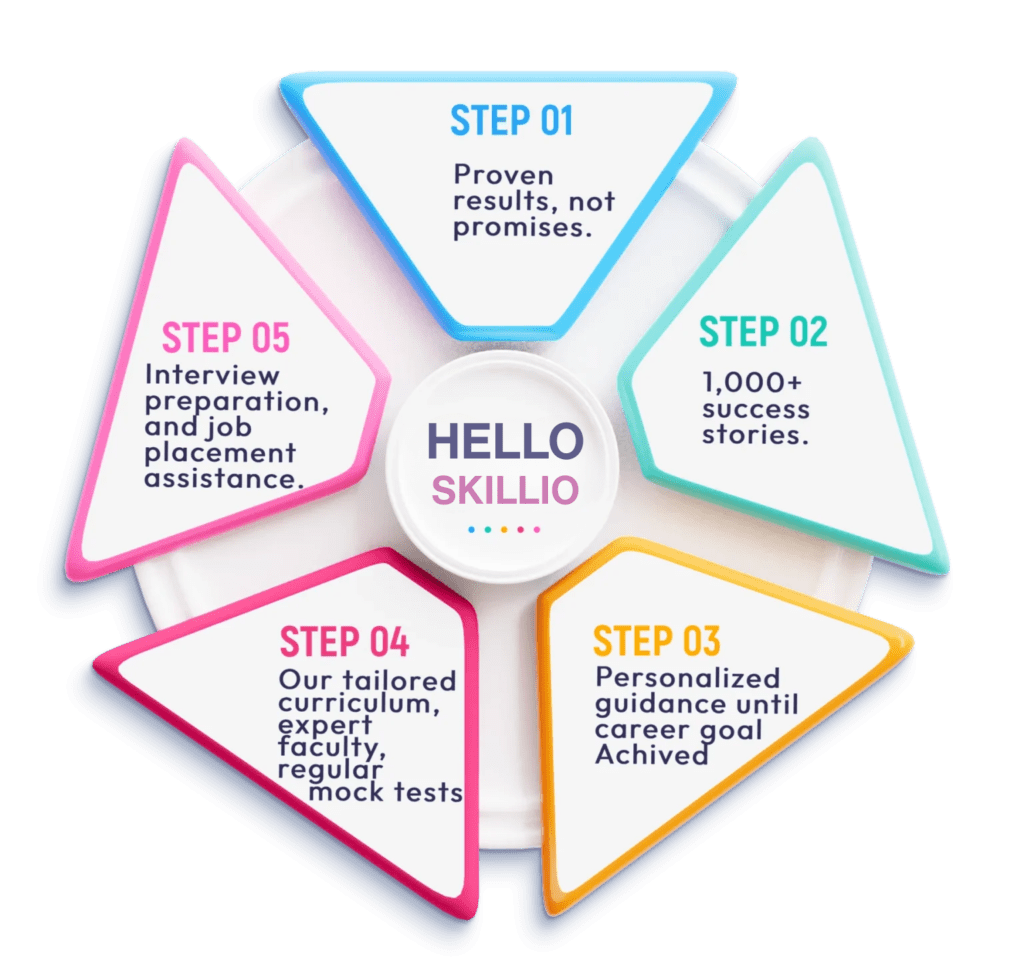The software industry is evolving rapidly, and with it, the demand for faster, more reliable, and efficient testing solutions is growing. Test automation has become a cornerstone of modern software development, allowing companies to deliver high-quality products with shorter release cycles. As we step into 2025, the future of test automation looks more promising than ever.
For professionals in Pune and beyond, this is the perfect time to explore Automation Testing Classes in Pune to stay competitive in the job market. With automation becoming more advanced, developers and testers alike need to embrace new technologies, tools, and methodologies to future-proof their careers.
In this blog, we’ll explore the top trends and predictions for test automation in 2025, highlighting why this skill is more valuable than ever.
1. AI and Machine Learning in Test Automation
Artificial Intelligence (AI) and Machine Learning (ML) are already transforming industries, and software testing is no exception. In 2025, AI-powered tools will dominate test case generation, defect prediction, and even self-healing test scripts.
By leveraging AI, teams will reduce human errors, accelerate test cycles, and improve accuracy. ML algorithms will analyze historical test data to predict where bugs are most likely to occur, optimizing testing efforts.
For freshers and career changers, learning automation testing with AI-based tools will open doors to exciting opportunities.
2. Rise of No-Code and Low-Code Testing Tools
The industry is moving toward democratizing automation. With no-code and low-code tools, even non-technical team members will be able to create and manage automated tests. This shift will not only speed up testing but also improve collaboration between QA, developers, and business teams.
By 2025, these tools will become mainstream, reducing reliance on complex coding skills and allowing faster adoption of test automation across organizations.
3. Continuous Testing in DevOps and Agile
In Agile and DevOps environments, continuous testing is the backbone of continuous delivery. By integrating test automation directly into the CI/CD pipelines, companies ensure faster feedback loops and reduce production defects.
In 2025, more organizations will adopt “shift-left testing,” where testing begins at the earliest stages of development. This approach ensures faster bug detection, reduces costs, and delivers a better end-user experience.
Professionals upskilling in automation testing frameworks will be highly in demand as companies seek experts to manage and optimize CI/CD pipelines.
4. Cloud-Based Test Automation
As businesses scale globally, cloud solutions are becoming the go-to choice for testing teams. Cloud-based test automation offers flexibility, scalability, and cost-effectiveness by eliminating the need for heavy infrastructure.
In 2025, cloud testing platforms will be the standard for enterprises, allowing teams to execute thousands of test cases simultaneously across different environments and devices.
For learners in Pune, mastering cloud-based tools through Automation Testing Classes in Pune will give a strong edge in the job market.
5. Shift Toward Hyperautomation
“Hyperautomation” combines AI, robotic process automation (RPA), and test automation to handle complex workflows. In 2025, hyperautomation will streamline end-to-end software delivery pipelines by automating not only testing but also deployment and monitoring.
This trend highlights the need for testers to learn advanced automation tools and stay ahead of the curve.
6. Focus on API and Microservices Testing
As modern applications rely heavily on microservices and APIs, API testing will take center stage in test automation strategies. In 2025, companies will invest in robust API automation frameworks to ensure seamless communication between services.
Popular tools like Postman, RestAssured, and Karate will dominate this space, making API automation an essential skill for testers.
7. Security Testing Becomes Integral
Cybersecurity threats are on the rise, and organizations cannot afford to overlook security testing. By 2025, security will be tightly integrated into test automation frameworks.
Testers will be expected to work alongside security teams, running automated vulnerability scans and penetration tests as part of CI/CD workflows.
Learning security-focused automation will make testers more versatile and valuable.
8. Cross-Platform and Cross-Device Testing
With the rise of mobile-first applications and IoT devices, ensuring consistent performance across platforms will be a major challenge. In 2025, automated cross-device and cross-platform testing will be a necessity.
Cloud-based solutions like BrowserStack and Sauce Labs will gain popularity, helping organizations deliver a seamless user experience regardless of device or OS.
9. Test Data Management and Automation
High-quality test data is crucial for reliable test results. In 2025, more organizations will automate test data generation, anonymization, and management processes.
This will ensure compliance with data protection laws (like GDPR) while maintaining realistic test scenarios.
10. Upskilling for the Future of Automation
The test automation landscape is evolving, and professionals who continuously upskill will thrive. For aspirants in Pune, enrolling in Automation Testing Classes in Pune provides the right mix of theory, hands-on practice, and exposure to the latest tools.
Whether you’re a fresher, a career changer, or an experienced professional, learning test automation in 2025 ensures you stay relevant in the competitive IT industry.
Conclusion
The future of test automation in 2025 is filled with exciting opportunities and technological advancements. From AI-driven testing to hyperautomation and continuous integration, the trends point to a faster, smarter, and more efficient testing ecosystem.
For professionals aiming to build a strong career in IT, this is the perfect time to invest in automation testing skills. By joining structured Automation Testing Classes in Pune, you can position yourself as a future-ready tester equipped with the knowledge and expertise companies demand.
As organizations continue to embrace automation at scale, skilled testers will play a pivotal role in delivering high-quality, secure, and reliable software products. The future belongs to those who are ready to adapt and innovate.


